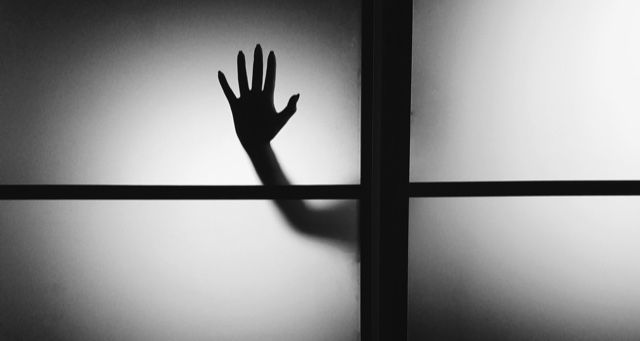
A Bookworm’s Guide to Finding the Light; or, Why I Read Horror
The current apocalypse in American politics got me started on reading horror. My whole life I’ve read voraciously—but never horror. For one year, I read a book a day in an effort to find my way out of an all-encompassing grief—and it worked. During that year of reading, I read almost every genre out there. I read fiction of every stripe and kind, and nonfiction essays, histories, and biographies. But I did not read any horror.

Now I do read horror—and I love it. horror lifts me out of my numbed response to yet another strike against the soul of America; after all, screaming in terror is better than limp catatonia. Even better, reading horror has reignited my faith that that we can survive anything. We can even thrive, according to the horror tomes I love best, if we just keep fighting for something better. By reading horror, I face the darkness to find the light.
My top four favorites in horror are:
- The Stand by Stephen King, in which a government-crafted superflu, meant for biological warfare, is released upon the world, killing off 99% of the world’s population and leading to the complete breakdown of societal norms and conventions (to say the least);
- The House of Leaves by Mark Z. Danielewski, a story told in many voices and styles, all relating to a manuscript detailing the life of Will Navidson (“Navy”), a man haunted by the labyrinth he discovers in the house he shares with his partner Karen and their two children;
- The Hunger by Alma Katsu, a super-creepy retelling of the real-life story of the 1840s Donner Party expedition that led to human cannibalism (Katsu revels in the details of it); and
- White is for Witching by Helen Oyeyemi, about a house that has imbibed the miseries of past occupants, and now inflicts its own misery on its current—and already rattled—occupants, including twins Eliot and Miri.
In every great book, there is growth, choice, change, and redemption. Or at least the possibility of redemption. The same goes for great books of Horror.
Spoiler Alert
Baby Peter fights off the superflu in The Stand, giving humanity a chance to survive. Karen overcomes her own fears to save Navy from the labyrinth in The House of Leaves. Not everyone gets eaten in The Hunger. One twin makes it out alive in White is for Witching.
End Spoilers
By reading horror, I’ve found role models/protagonists facing odds that are both staggering and terrifying, and yet despite such terrible odds, the heroes keep on fighting. A few fighters fall by the wayside, but enough survive to take on and even beat back the powers of evil: They look deep into the darkness and find light. Or maybe find an alternative to light, something that might even be better than light. As Helen Oyeyemi writes in White is for Witching, “I’m not sure what’s really meant by happy and good. I would like…to be free. Now. Please begin.”
I am free, thanks to reading horror, to accept that evil exists but that it can be battled against. Free to believe in a future for all of us. Free to face terrible realities. Free to express my inner warrior.
And most importantly: I am free to be afraid. I should be afraid of what the future holds. What I do with that fear is what counts. Fear is the dominant emotion in horror books, exhibited both by the characters and the reader. Every writer of horror comes up with different modes of first building up fear and then offering ways for their characters (and readers) to deal with that fear. As Danielewski lays out in House of Leaves:
“I will run from my fear, I will outdistance my fear, then I will hide from my fear, I will wait from my fear, I will let fear run past me, then I will follow my fear, I will track my fear…I will grab hold of my fear, I will sink my fingers into my fear, then I will bite my fear, I will tear the throat of my fear, I will break the neck of my fear, I will drink the blood of my fear, I will crush the bones of my fear, and I will savor my fear, I will swallow my fear, all of it, and then I will digest my fear until I can do nothing else but shit out my fear. In this way I will be made stronger.”
Okay, got it.
Books comfort me when I feel sad; send me to gorgeous faraway lands or fascinating long-ago times when I need escape; connect me with others when I am lonely; and guide me when I am lost. Books of horror are now helping me deal with my fear for the future of our country and our planet by showing me what to do with fear, how to face it, and how to fight back for the values I hold dear.
Bring it on, forces of evil. Never underestimate a book worm. I’ve read great books of horror and now I know how to fight the darkness, and never give up on the light.











